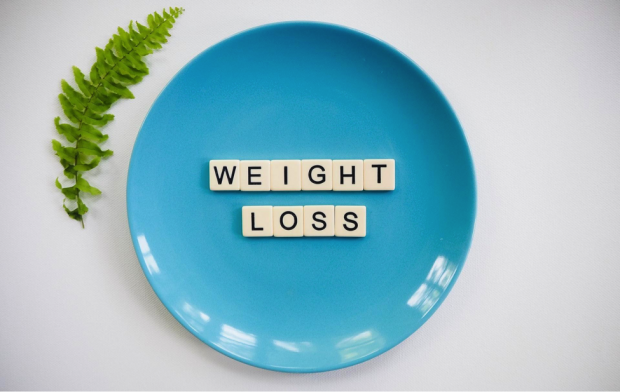Innovative Ways You Can Lose Weight Without Going To The Gym
There’s no doubt that regular exercising is great for improving your health and helping you lose weight; however, research has discovered evidence that claims exercise alone is not truly or only the best way to lose weight.

Moreover, dieting and going to the gym can be outright difficult especially if you’ve got a young family or a busy work schedule.
Several weight-loss experts advise you to work out more often as you’d be able to burn more calories, and subsequently, lose weight. But, in another published study this logic was found to not be entirely correct. The researchers found out that upon the start of a regular workout, your body gets to adapt to a new level of activity. This would in turn cause your body to lower the total number of calories it requires.
There are, however, many proven methods that can help you consume fewer calories without stress. They are quite effective in helping you reduce your weight and preventing any future weight gain.
Losing your weight just got stress-free; you can avoid going to the gym and achieve your dream using these methods.
1. Chew Your Food More Slowly
Most people are used to eating very fast which causes them to consume more food. Taking time to chew your food thoroughly and slowly makes you consume more food, get filled easily, and take food portions in small sizes. This gives your brain enough time to understand that you’ve eaten enough.
Moreso, the rate at which you finish your meals subtly affects your weight. Research has shown that people who eat faster are likely to gain more weight than those who eat slowly. If you are a fast eater, you’re more likely to get fatter.
To inculcate the habit of chewing your food more slowly, counting how many times you chew each bite would be helpful.
2. Consume Enough Protein
Protein – a class of food with a strong effect on appetite, can increase a person’s feeling of fullness, tones down hunger, and assist you in consuming fewer calories. The reason for this may be because of its effect on several hormones that have a significant role in telling when one is hungry and full.
A study has discovered that increasing the amount of protein you consume from 15-35% of calories helps you eat 441 fewer calories per day compared to what you’d normally take and lose 11 pounds over the average span of fewer than 13 weeks. In this scenario, without necessarily limiting your food preference.
Another study also showed overweight women who ate eggs during breakfast consumed fewer calories at lunch as opposed to people who had a regular grain-based breakfast. Not just during lunch, anyway, but the remaining meals of the day and the 1.5 days.
Examples of protein foods you might want to consume more often include: chicken breast, fish, beans, Greek yogurt, and almonds.
3. Check Your Weight On A Scale
Are you scared of checking what you weigh on a scale? The author of Foodaholic calls it “fat denial.” Even though weight is more than a number, the machine tells no lie. You need this as a daily reminder and it has proven to help people lose weight. Don’t deny the fact and end up buying fitting or stretchy clothes to cover up. It won’t help you own up to your present reality and therefore cannot be responsible. You want to have easy mobility and not get to a stage when you can’t move. Checking your weight frequently might not literally help you lose weight but would get you conscious enough to stop gaining weight.
There’s no point fidgeting over daily changes, several factors can cause that from your hormones to water-retention ability, and eating too much salt. You can make this a habitual practice. Strive to do it in the early hours of the day before you eat and be consistent with it; tracking your progress is important.

4. Sleep Properly
Have you taken note of your food consumption when you’re sleepy? You tend to eat more during that period and it has been scientifically proven. Studies have revealed that people who are stressed out tend to eat more.
Here’s the logic behind that: there is more ghrelin (an appetite-stimulating hormone) produced in sleep-deprived people. Less sleep means more food for them; it’s psychological as much as it is physiological. The part of the brain that rewards and gives pleasure is lighted up when they eat.
The truth is, exercise plays an essential role in several weight loss plans and is a good option in burning calories. At the same time, not everyone is a big fan of exercise but would love to lose weight. Do they have an alternative? They most certainly do, which is why this article was written. There are multiple ways to help you achieve your dream but you can get started with the ones listed here and achieve remarkable results.
